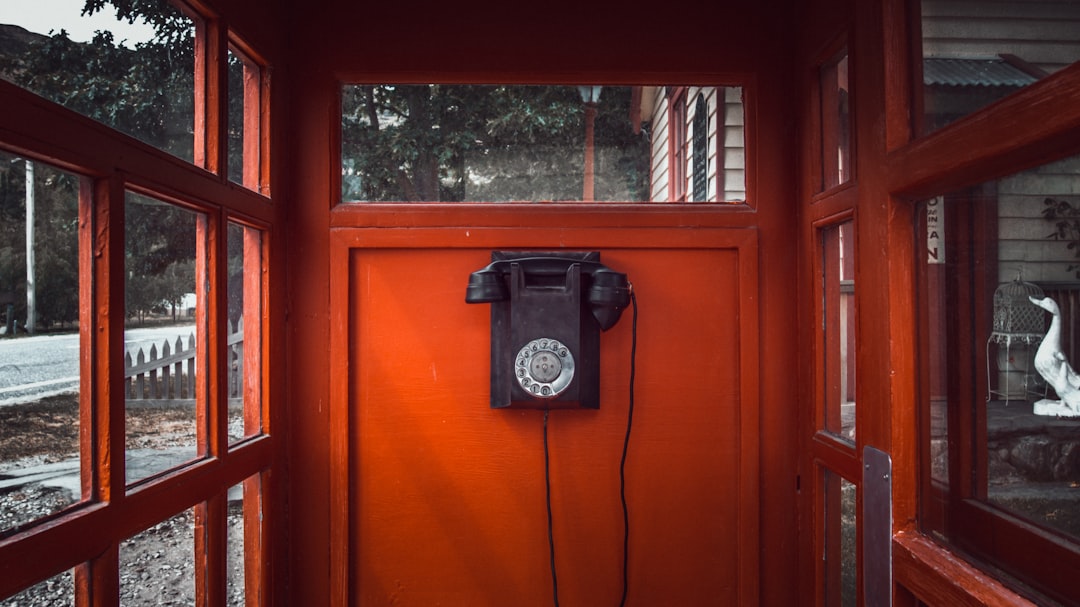Virginia residents have robust robocall laws protecting them from intrusive automated phone calls. To combat unwanted robocalls, user-friendly robocall blocking apps like Hiya, TrueCall, and NoMo offer advanced algorithms, detailed caller info, and seamless integration with existing phone settings. By following straightforward setup steps, users can protect their phones, comply with local laws, and enjoy a quieter communication environment. Key best practices include safeguarding privacy settings, reporting suspected robocalls, and choosing apps with customizable blocking features for comprehensive protection against nuisance calls.
Tired of unwanted robocalls on your Virginia phone? You’re not alone. These automated calls, often illegal under Virginia’s strict robocall laws, can be a nuisance. But fear not! Robocall blocking apps offer an easy and effective solution. This guide explores the benefits of these apps, highlights top-rated options for simple setup in VA, provides a step-by-step installation process, and offers expert tips to ensure your Virginia phone stays protected from intrusive robocalls.
Understanding Robocalls and Virginia's Laws
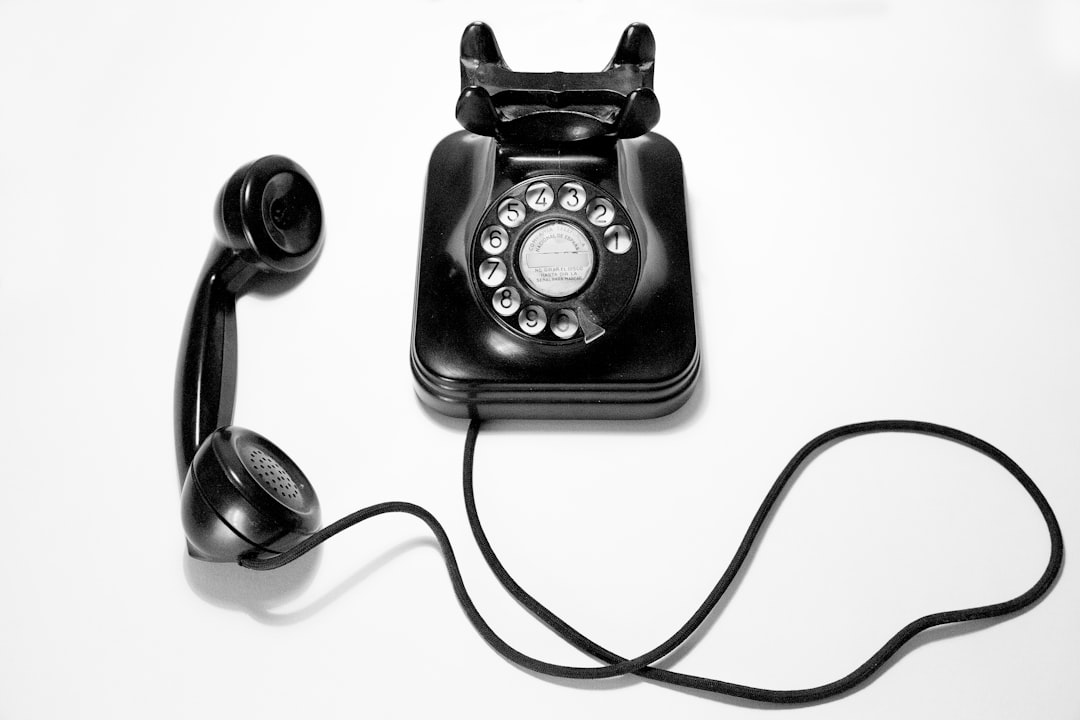
Robocalls, automated phone calls from unknown or unspecified numbers, have become a pervasive and often unwanted nuisance. These pre-recorded messages are commonly used for marketing purposes, but they can also be a vehicle for fraud and scams. In Virginia, as in many states, robocall laws are in place to protect consumers from these intrusive and deceptive practices.
Virginia’s laws regarding robocalls are designed to give residents control over their phone lines. The state has specific regulations that restrict the use of automated calling systems for marketing purposes without prior consent. These rules aim to prevent unwanted calls, ensuring Virginian’s peace of mind and privacy. By understanding these laws, consumers can take proactive steps to block robocalls and create a safer communication environment.
Benefits of Robocall Blocking Apps

Robocall blocking apps offer a convenient and effective solution for Virginia residents looking to combat unwanted automated calls, which are often illegal under state laws. These applications utilize advanced algorithms to identify and block robocalls, providing users with a sense of control and peace of mind in an era where such intrusive calls have become increasingly prevalent.
By implementing these apps, Virginia phone users can save time, avoid frustration, and potentially protect their personal information. They provide a simple way to stay ahead of spammers and scammers, ensuring that important calls from legitimate sources aren’t accidentally blocked. With user-friendly interfaces, these tools make it easy for anyone, regardless of technical expertise, to enjoy a more tranquil communication experience.
Top-Rated Apps for Easy Setup in VA
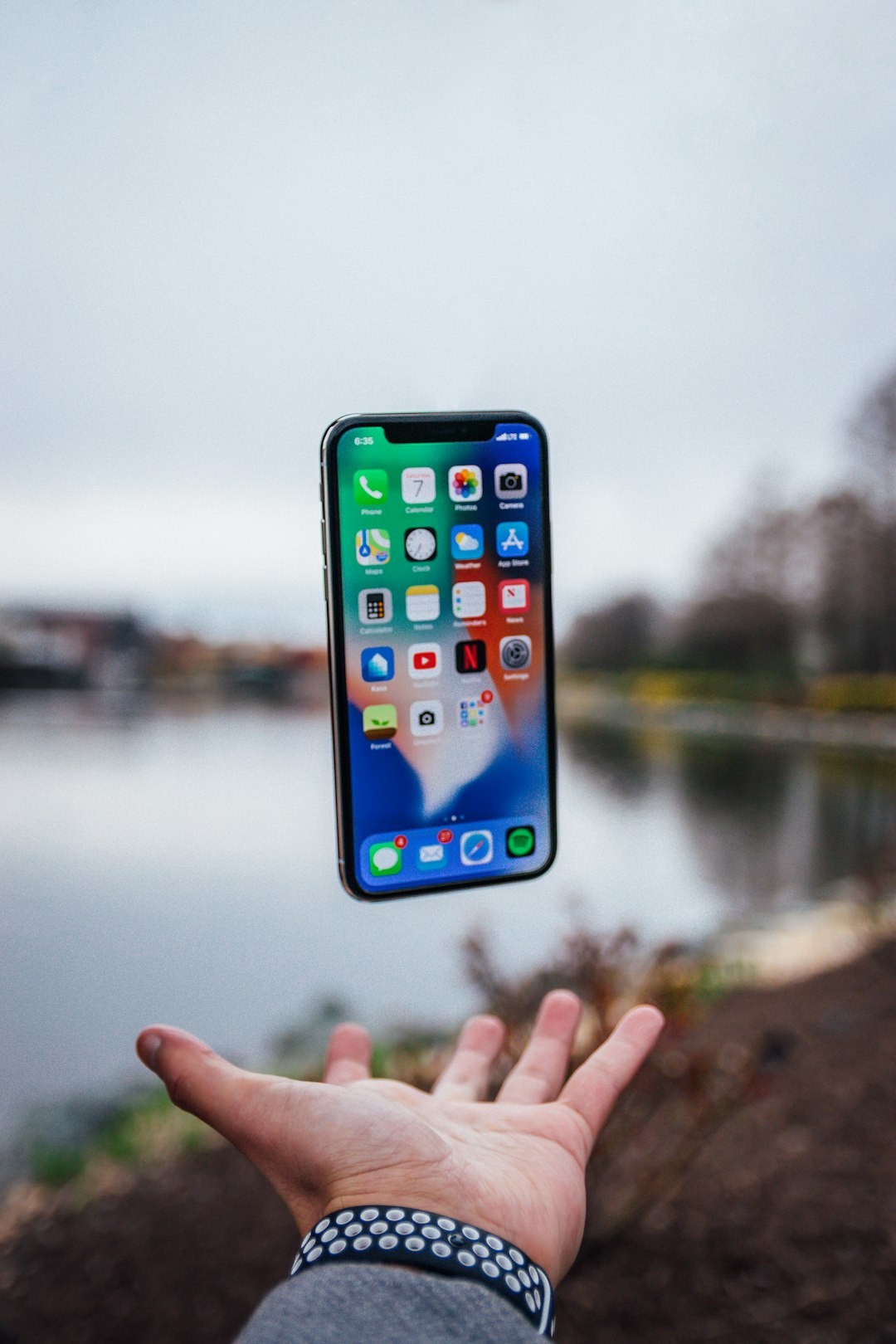
In Virginia, where robocalls are regulated by state laws, several user-friendly apps have emerged to help residents easily block unwanted automated calls. Among the top-rated options, robocall blocking apps like Hiya, TrueCall, and NoMo stand out for their intuitive interfaces and robust features. These apps not only identify and block spam calls but also provide detailed information about the callers, allowing users to take informed actions.
With just a few simple steps, Virginia phone users can set up these apps to automatically filter out robocalls. Most apps offer quick installation processes and seamless integration with your existing phone settings. Additionally, they often come equipped with call-screening features, allowing you to review and block calls from known spammers or unknown numbers alike. By leveraging advanced technology and staying compliant with robocall laws in Virginia, these top-rated apps ensure a quieter, more peaceful communication experience for residents across the state.
Step-by-Step Guide to Installation and Configuration
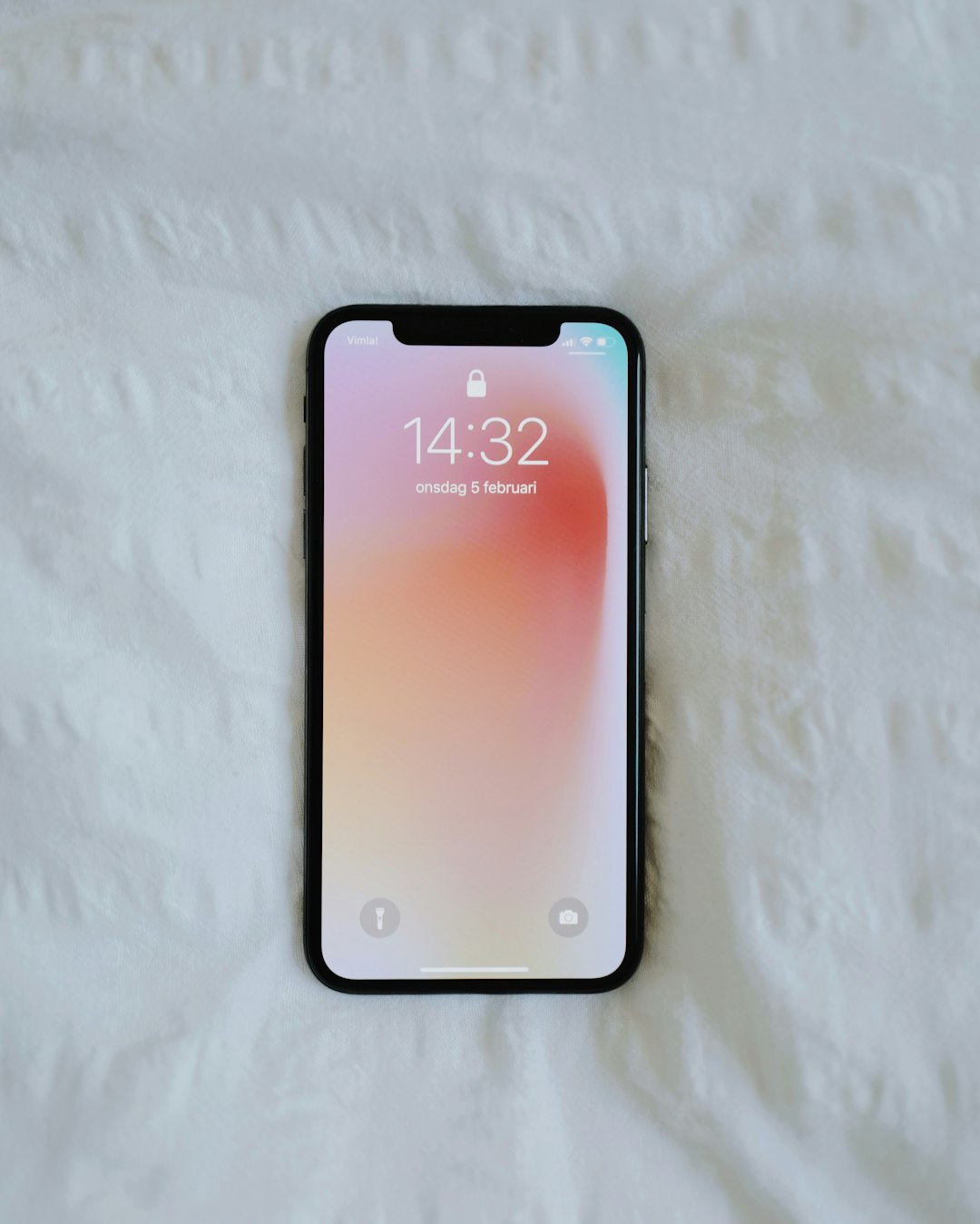
Setting up a robocall blocking app on your Virginia phone is a straightforward process designed to help you comply with local robocall laws and enjoy a quieter, more peaceful communication experience. Here’s a step-by-step guide for installing and configuring these apps efficiently:
1. Download the App: Begin by visiting your device’s app store (Google Play Store or Apple App Store) and searching for reputable robocall blocking applications specifically tailored for Virginia. Download and install one that offers robust protection against automated calls, ensuring it’s compatible with your phone model.
2. Grant Permissions: Once installed, open the app and grant the necessary permissions to access your phone’s call history, contacts, and other relevant data. These permissions enable the app to identify and block robocalls effectively. Review the app’s privacy policy to understand how your data is handled.
3. Configure Blocking Settings: Tailor the app’s settings to align with Virginia’s robocall laws. This often includes options for blocking all unknown numbers, specific types of automated calls (like sales or marketing calls), and allowing you to manually add or exclude certain contacts. Customize these settings based on your preferences for a personalized blocking experience.
4. Test the Blocking Functionality: Make test calls from various sources, including known contacts and suspected robocall numbers. Verify that the app successfully blocks unauthorized calls while still allowing legitimate communications. This step ensures optimal performance before you fully rely on the app to protect your Virginia phone from unwanted robocalls.
Protecting Your Virginia Phone: Tips and Best Practices
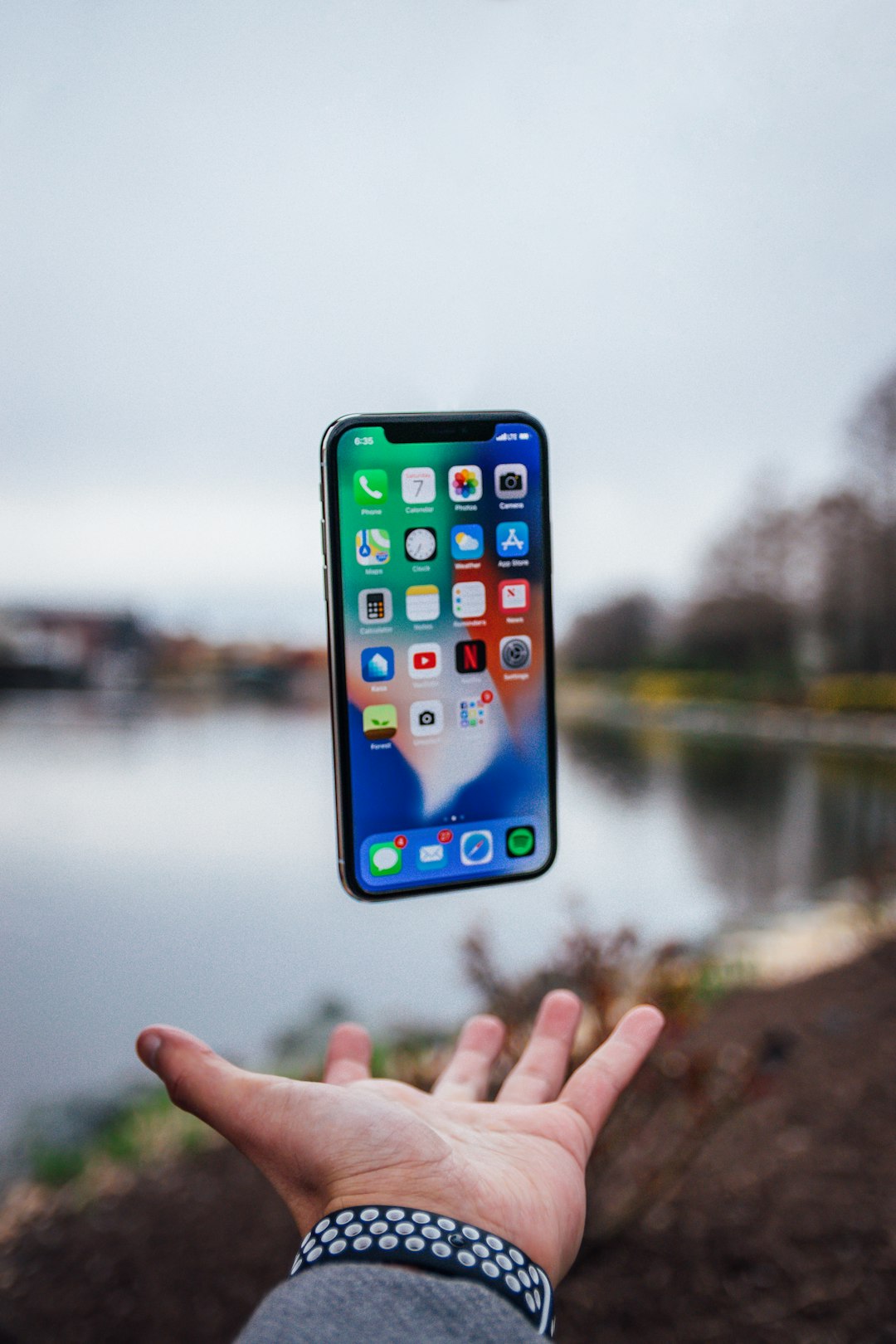
Protecting your Virginia phone from robocalls is crucial given the state’s strict robocall laws. One effective strategy is to download a reputable robocall blocking app that utilizes advanced algorithms to identify and block unwanted calls. Ensure the app you choose offers features like call history, blocked number lists, and custom settings to tailor your protection.
In addition to using blocking apps, best practices include maintaining privacy settings on your phone, being cautious with personal information shared online, and regularly updating your device’s security software. Reporting suspected robocalls to the Virginia Division of Consumer Affairs also helps contribute to a broader effort to combat these nuisance calls.



